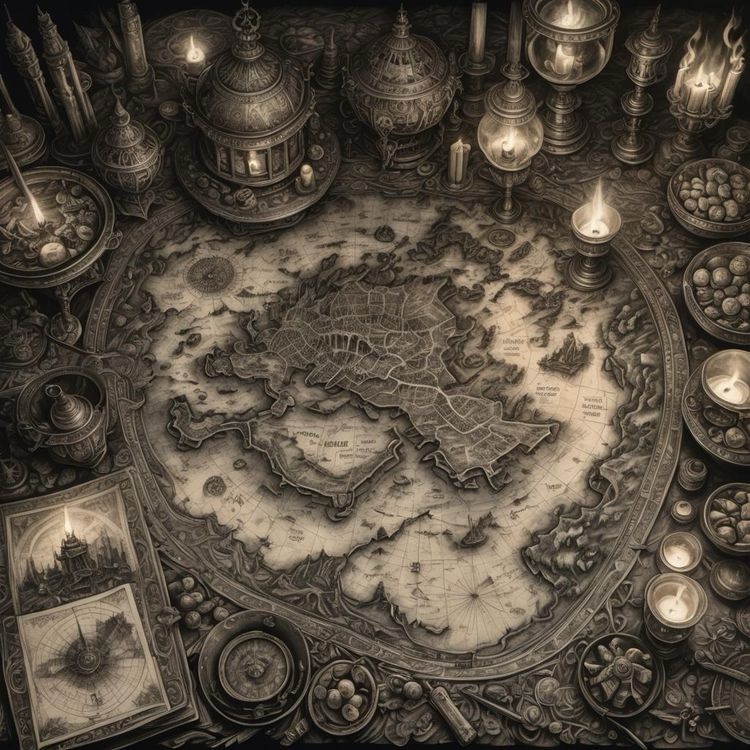Hubris and pride have long been cautionary themes in human history, often leading to the downfall of leaders, nations, and movements. For world leaders, business owners, religious figures, and others in positions of power, these qualities can be dangerously seductive. Hubris, in particular, is an overestimation of one’s abilities or wisdom, while pride often blinds individuals to their flaws, making them believe they are beyond accountability. Both can distort judgment, fostering decisions that benefit the few while neglecting the many.
World leaders, entrusted with the welfare of entire nations, must be vigilant about where their banners symbolizing their policies, values, and actions are planted. If their priorities and decisions only serve the elite or their inner circles, they risk alienating the masses, deepening inequality, and creating unrest. History is replete with examples of leaders who, driven by pride or hubris, ignored the needs of the many in favor of the few, only to face rebellion, revolution, or failure. A leader’s true legacy is not measured by how well they served their own ambitions but by how they uplifted the broadest possible base of people.
Business owners, especially those with large corporations, wield enormous influence over society. Hubris in the corporate world can manifest in decisions that prioritize profits over people, growth over ethics, or market dominance over societal welfare. When a company’s banner is planted firmly over the few the shareholders or the executives it risks losing the trust of its customers, employees, and the public. Business leaders must be mindful of their broader responsibilities to workers, communities, and the environment. Long-term success is built on a foundation of equity, sustainability, and social responsibility, not on the short-term gain that often accompanies unchecked pride.
Religious leaders, who claim to guide others toward spiritual truth, are especially susceptible to the pitfalls of hubris and pride. When their banners serve only their own institutions or doctrines, they can lose sight of the core values of compassion, humility, and service. If religious leadership becomes more about maintaining power or reinforcing divisions rather than serving the spiritual needs of the many, it can lead to disenchantment, division, or extremism. True spiritual leadership requires constant self-reflection and a commitment to inclusivity, transcending personal pride for the greater good.
In all these domains, the warning is clear: those in power must constantly question whose interests they are serving. Are their banners raised to protect the privileges of the few, or are they spread wide to cover the needs and aspirations of the many? When leaders whether political, corporate, or spiritual become blinded by hubris or pride, they risk not only their own downfall but also the stability and well-being of those they are meant to serve.
